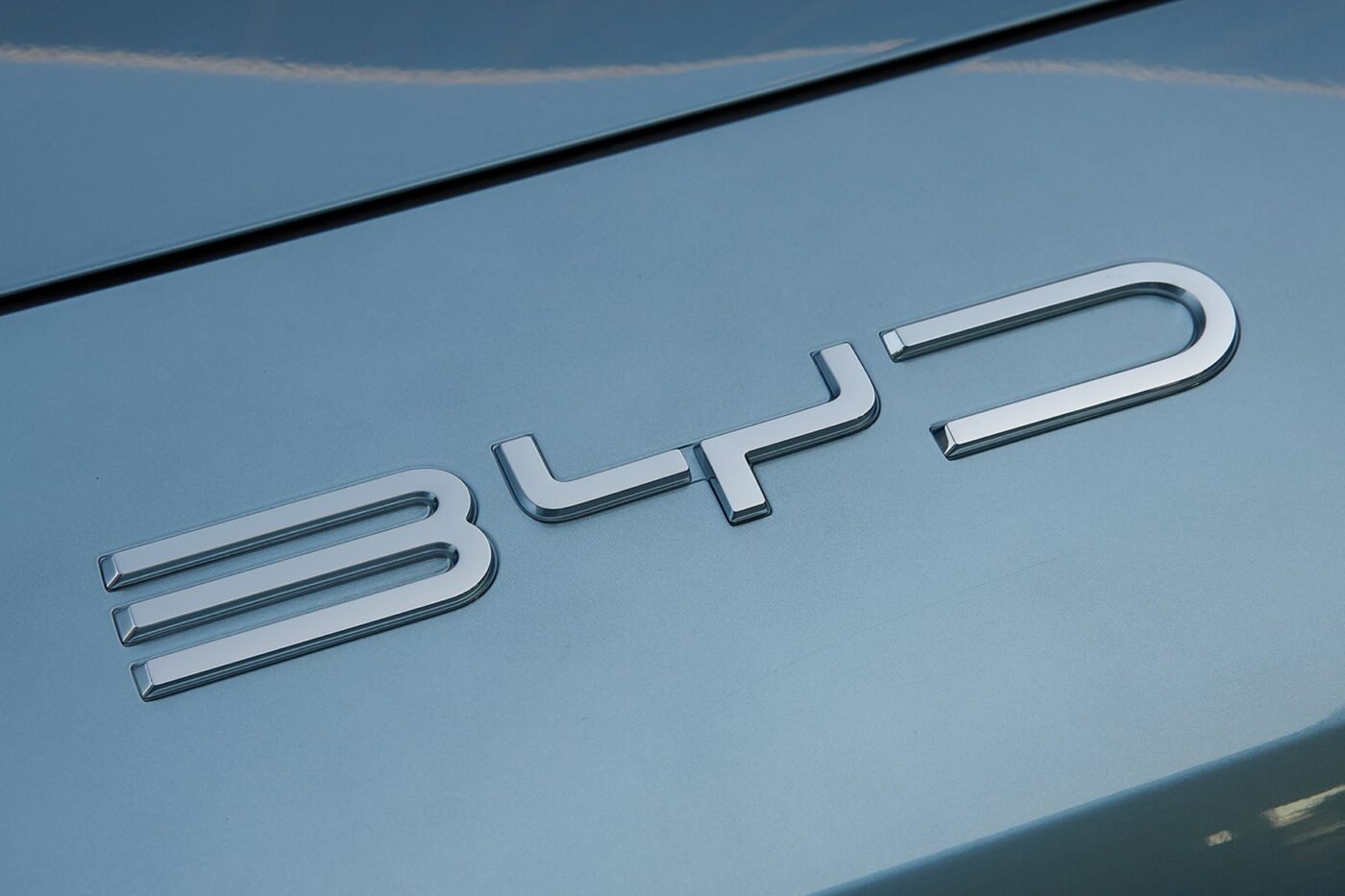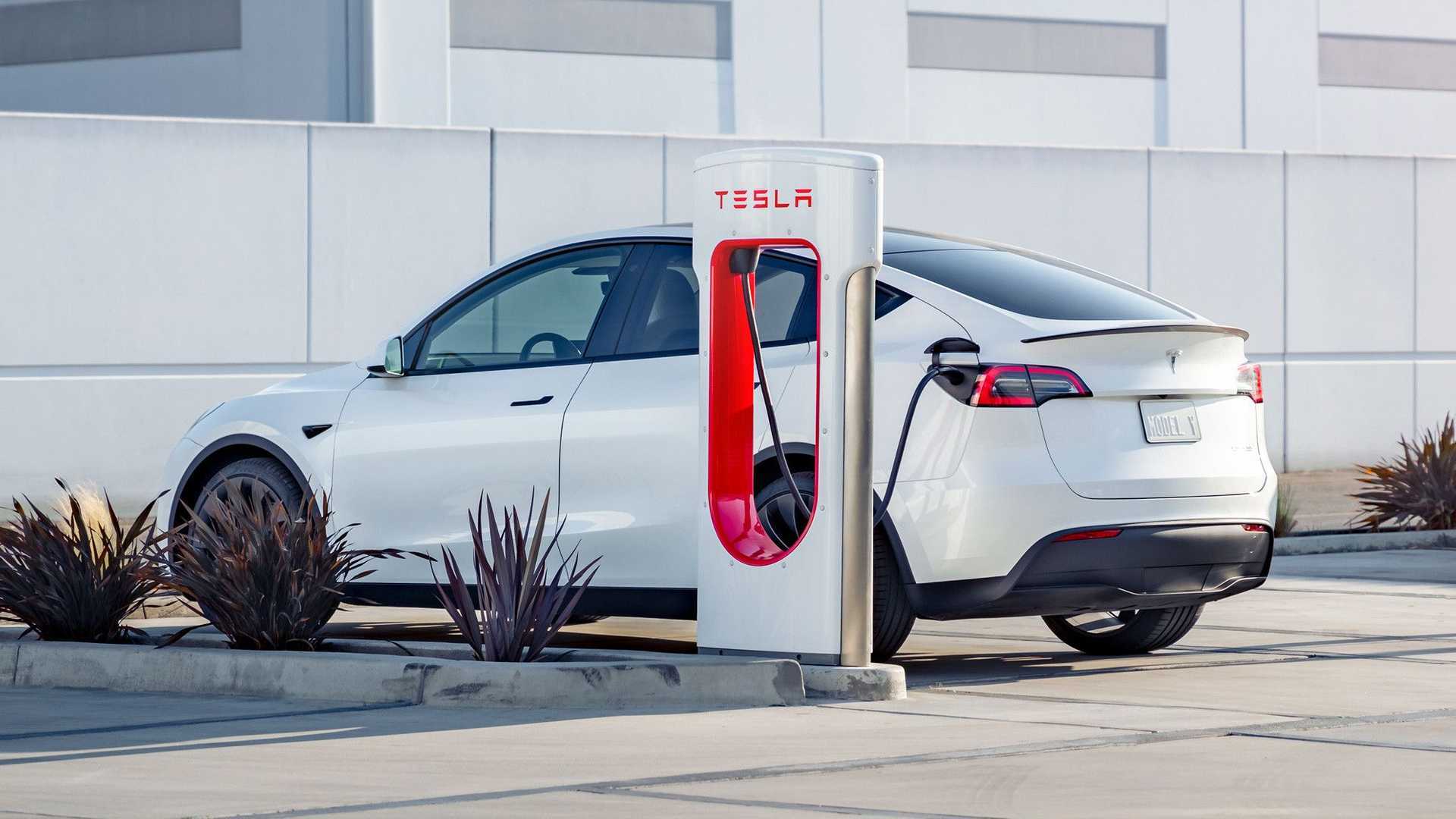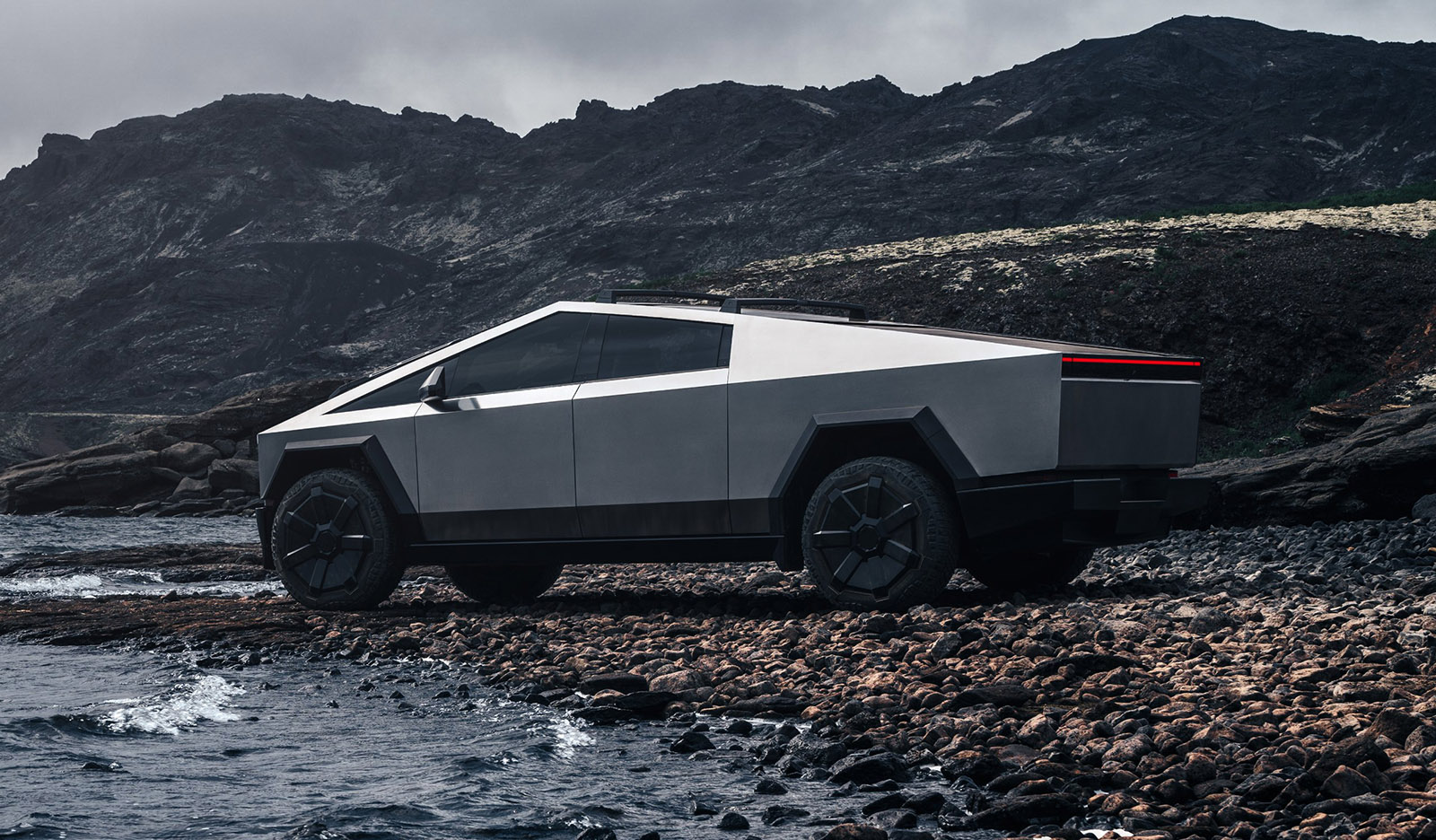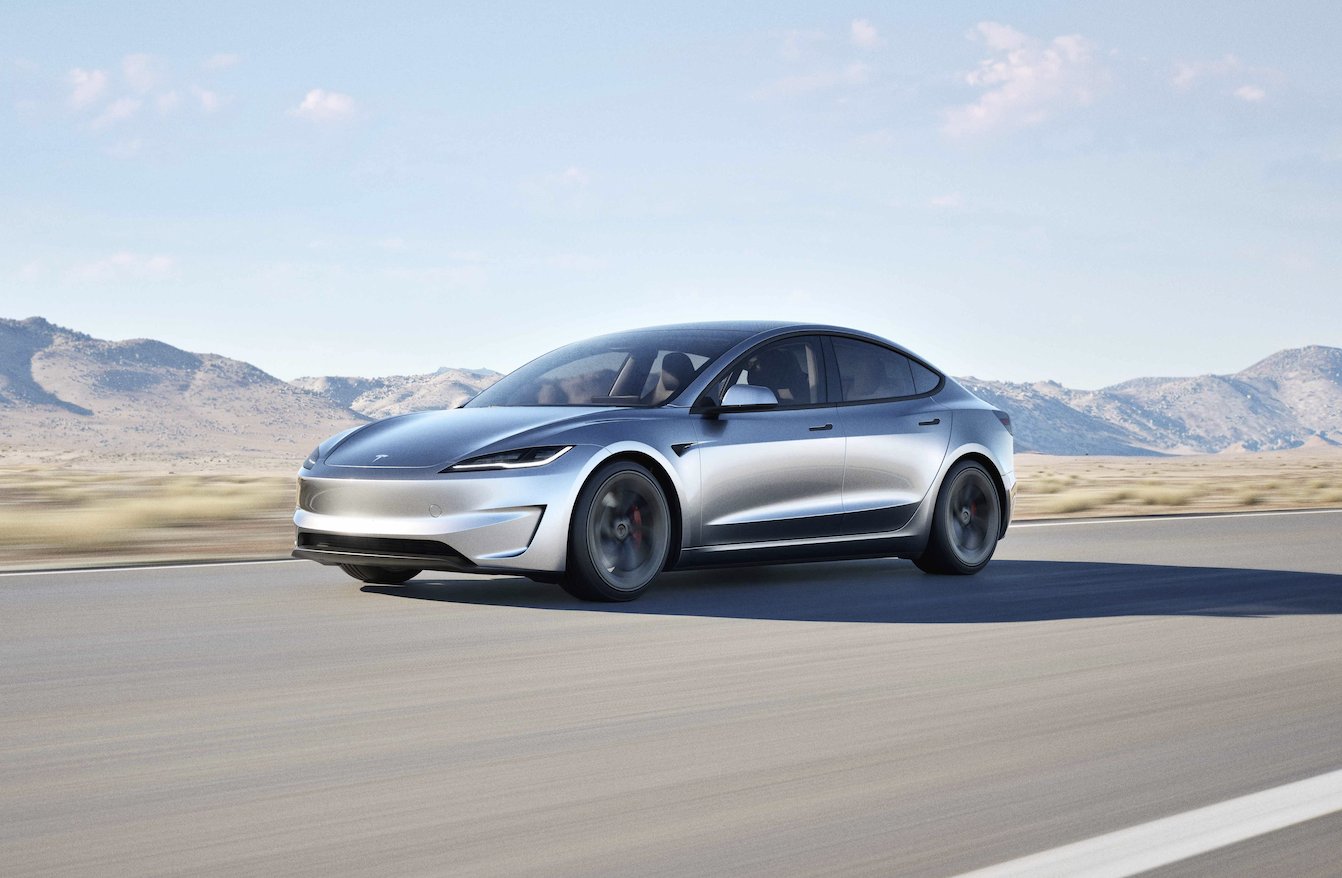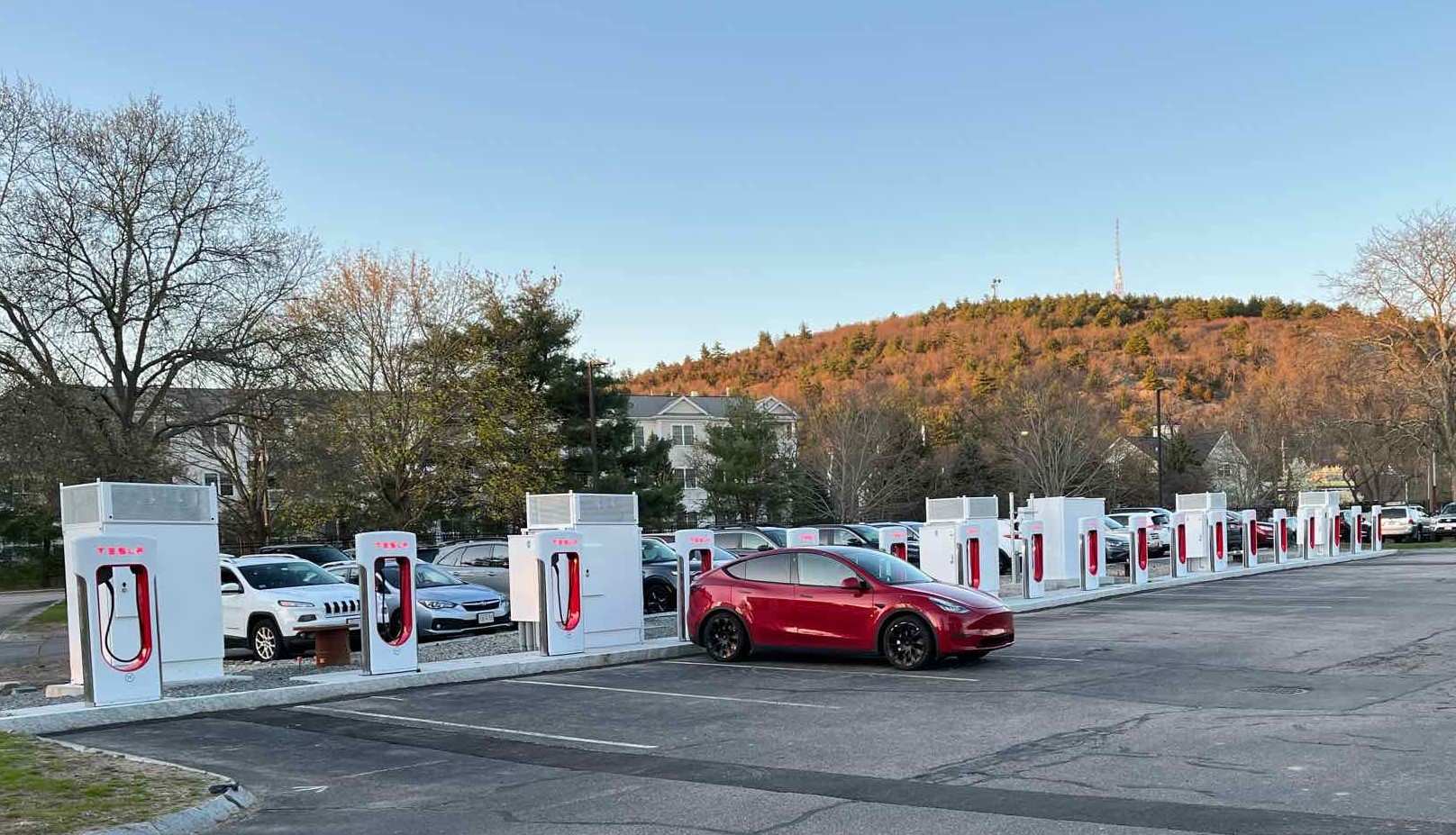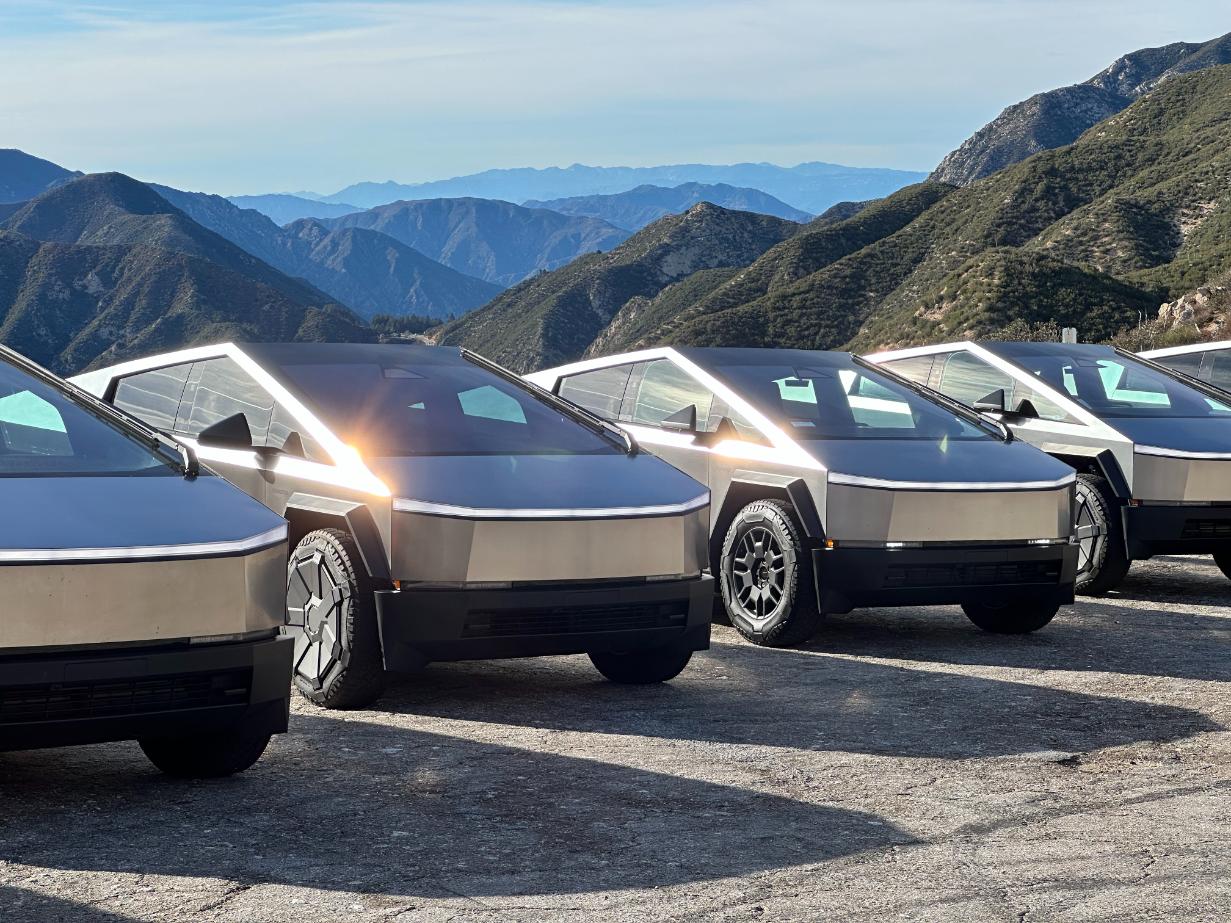BYD is anticipated to surpass Tesla in battery electric vehicle (BEV) sales this year, reflecting the evolving landscape of the global electric vehicle (EV) market, according to a report by market researcher Counterpoint Research released on July 2.
“BYD’s BEV market share is set to surge in 2024, the year it is expected to overtake Tesla in BEV sales,” Counterpoint stated in its report, highlighting the competitive trajectory in the EV sector.
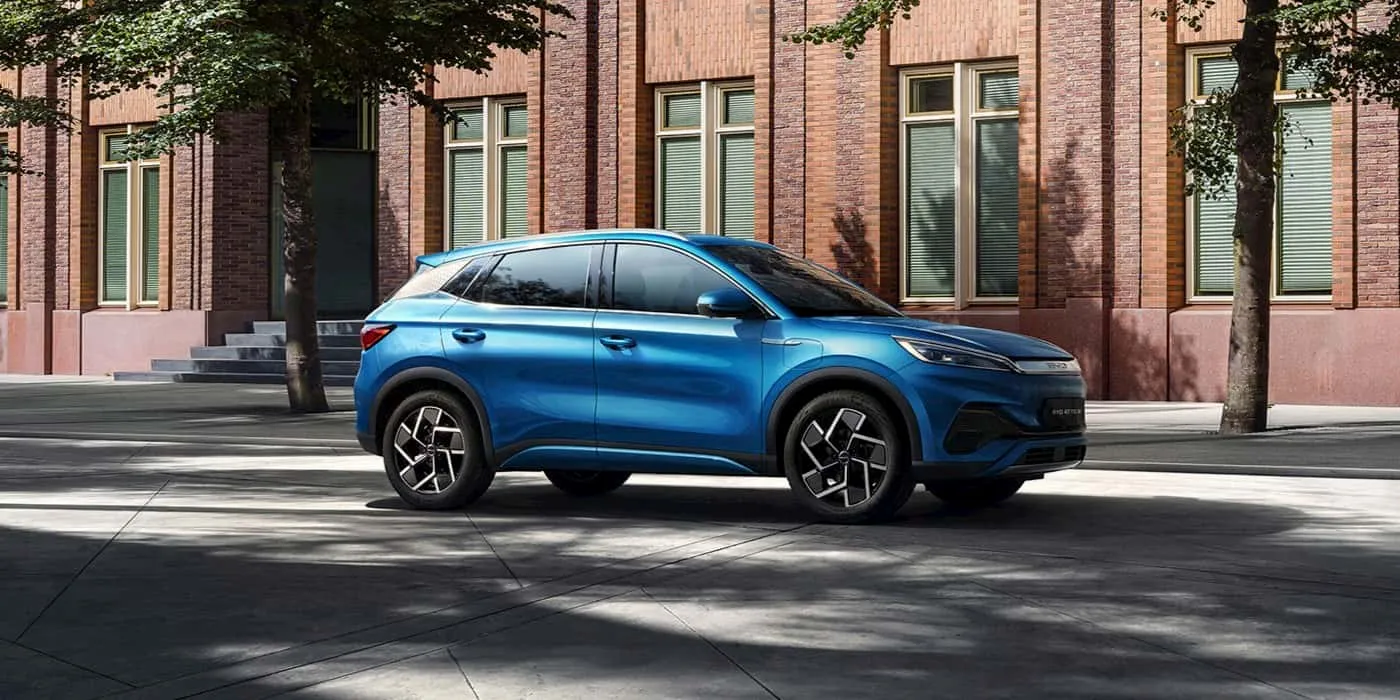
BYD, renowned for its rapid expansion in new energy vehicles (NEVs), including BEVs and plug-in hybrid electric vehicles (PHEVs), has emerged as the world’s largest NEV manufacturer. The company ceased production of internal combustion engine-powered cars in March 2022, pivoting entirely to focus on PHEVs and BEVs.
While approximately half of BYD’s sales consist of BEVs and the other half of PHEVs, Tesla exclusively produces BEVs. In the fourth quarter of 2023, BYD’s BEV sales surpassed Tesla’s for the first time, with 526,409 units compared to Tesla’s 484,507 units.
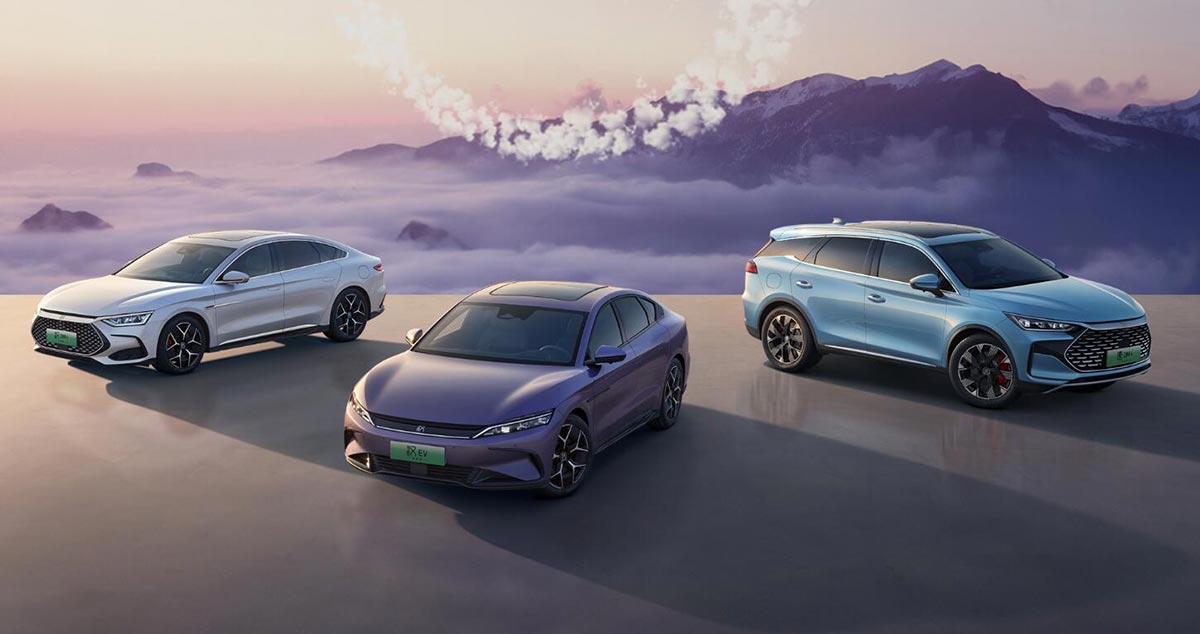
Despite Tesla regaining the top spot in BEV sales in the first quarter of this year with 386,810 units sold, BYD continued to narrow the gap significantly in subsequent quarters. In the second quarter, Tesla delivered 443,956 vehicles, just 17,917 units more than BYD’s 426,039 passenger car BEV sales.
Counterpoint forecasts global BEV sales to reach 10 million units in 2024, underscoring the sector’s pivotal role in the passenger vehicle market. China, identified as the dominant force in the BEV market, is expected to lead with four times as many BEV sales as North America by 2024 and maintain over 50% of global BEV sales by 2027.
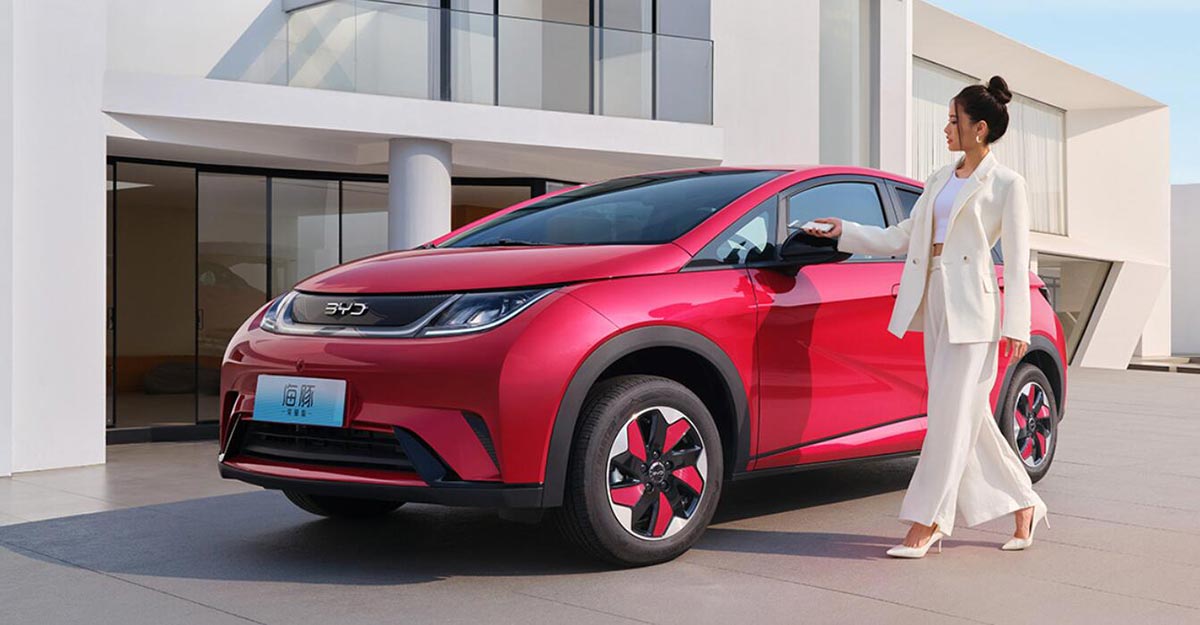
The report highlights China’s robust NEV market growth, with 7.75 million passenger NEVs sold in 2023, including 5.15 million BEVs and 2.6 million PHEVs, according to the China Passenger Car Association (CPCA). PHEV sales in China have notably grown faster than BEVs, increasing by 83.08% year-on-year in 2023.
Moving forward, Counterpoint anticipates Europe and the US to become key growth drivers starting in 2025, while China continues to lead in BEV adoption, expected to surpass combined sales in North America and Europe by 2030.

